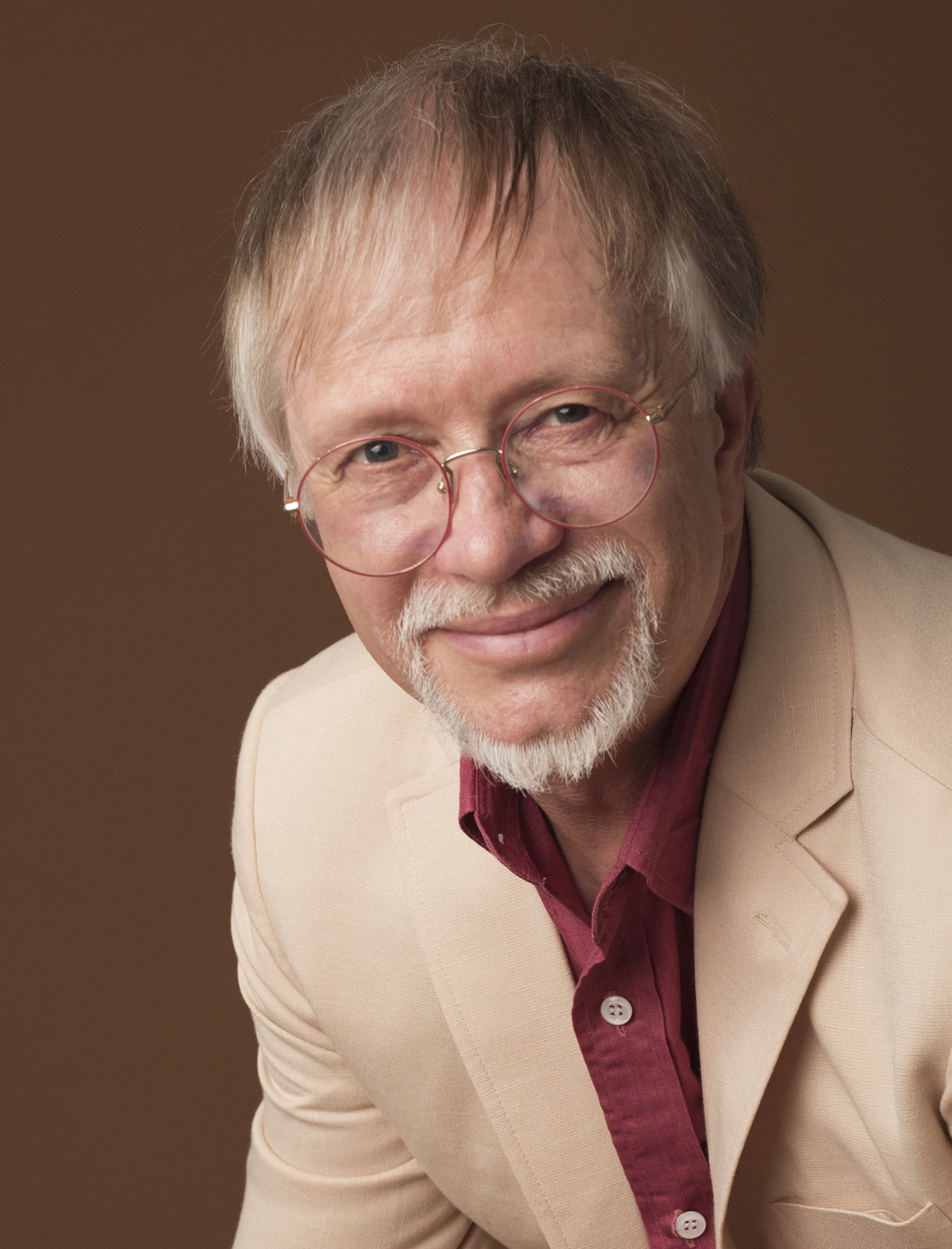David Newman
Research / Teaching Area
Education
PhD in Communication, Simon Fraser University. Dissertation: Resisting Hollywood? A Comparative Study of British Colonial Screen Policies in the Interwar Pacific: Hong Kong, Singapore, and New Zealand.
MFA in the Individual Interdisciplinary Program (Film, Theatre, Public Relations and Interpersonal Communication). Thesis: CultureSHOCK (27-minute video documentary)
MA(Applied) in Recreation Administration (focus on creative industries and cultural policy). Thesis: An economic narrative of the New Zealand independent motion picture industry with particular reference to state intervention: 1960-1986.
BA in Economic History.
Have taught at: University of British Columbia, Simon Fraser University, RMIT Vietnam, Vietnam National University Hanoi, Hanoi University of Science and Technology, Ho Chi Minh City University of Science and Technology (HUTECH), Hong Kong Baptist University, Ohio University.
About
Creativity alchemist, facilitator, coach, entrepreneur, media historian, political economist
Originally from Aotearoa New Zealand, Dr. David Newman is a pedagogical innovator residing, playing, and working as a guest and settler on the traditional lands of the Coast Salish peoples. His long journey to accomplishing his PhD began with reading a footnote in an Australian film history book referring to a 1927 US Bureau of Commerce report on the New Zealand film industry, and curiosity as to why the US government would publishing such a report. Thus began a quest that some 25 years later, after having travelled well in-excess of 100,000 km visiting archives in seven countries, and accumulating over 100,000 digital pages of archival records, he completed his PhD in Communication at Simon Fraser University with a study investigating the resistance against Hollywood in the British Colonial Asia-Pacific during the 1920s and 30s.
Along the way David earned degrees in Economic History (after failing first-year Law), Recreation Administration (with a focus on cultural policy), and an interdisciplinary MFA in Film, Theatre, Public Relations and Interpersonal Communication, as well as working in Asia for a number of years as a senior executive in investment banking and executive recruitment industries.
His teaching expertise has developed from teaching in six different countries, frequently to EAL students. Now, David prefers to label himself as a Learning Facilitator as he creates the framework and environment for students to have a transformative learning experience. His experience in Writing Studies stems from teaching writing intensive learning courses at SFU, and as the W-course Coordinator for the SFU Faculty of Communication, Art and Technology.
Since completing his PhD, David’s focus has shifted to creativity, creative problem-solving, and innovation, and in unleashing these capabilities in both his students and in organisations. We are all creative. Although labels are frequently inadequate, he describes himself as a Creativity Alchemist in his professional engagements, where he facilitates, coaches, and runs workshops in creativity, innovation, and cultural transformation within organizations in both North America and Asia. David is an accredited individual (ACC) and team (ITCA-P) coach, certified LEGO® Serious Play® facilitator, and Basadur Creativity Preferences administrator. UBC Today recently included a profile of David.
Teaching
Creativity and Creative Problem-Solving
( For a video introduction of David’s course topic click on the link underneath his profile picture.)
In a world where innovation has become highly sought after, creativity is the often-hidden engine necessary for innovation to take place. Creativity is recognised as one of the key skills required for employment in the 21stcentury, and one area where humans have an advantage over AI. Creativity and creative problem-solving capacity is increasingly a necessary attribute in the professional/work world. But what is creativity, and how is it understood?
We are all creative, and creativity goes far beyond artistic activities. Creativity crosses discipline boundaries and can be viewed and understood through multiple lenses (including business, engineering, and neuroscience). Using scholarship on Creativity and Creative Problem Solving as a vehicle, this course will introduce you to different genres and forms of academic writing. You will learn to conduct a literature review, write summaries, develop a research proposal, and then write (and rewrite) collaboratively either an extended literature review (summer session) or a research paper (winter session) drawing on some aspect of creativity, creative problem solving, or innovation. This course uses a hybrid format with a heavy use of team-based learning. A portion of the teaching content will be via asynchronous video material.
Research
Organisational Creativity
Student-centred teaching pedagogies, particularly team-based learning
Game-based learning and gamification
Media history
